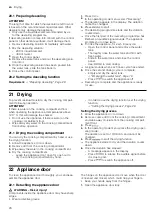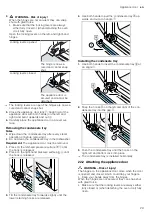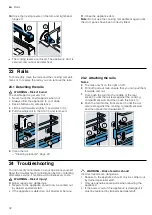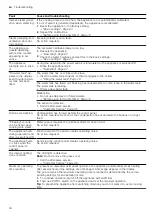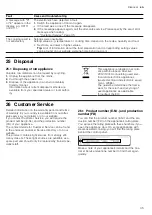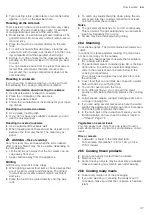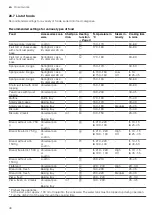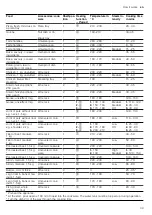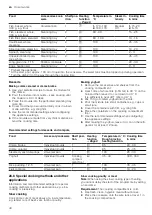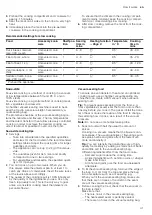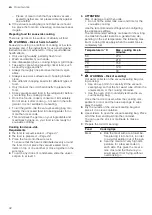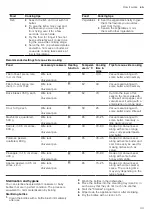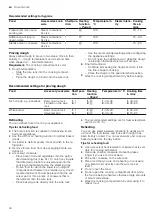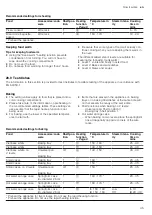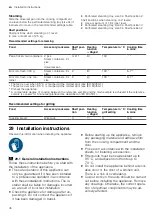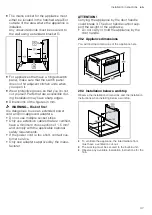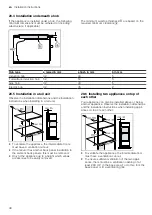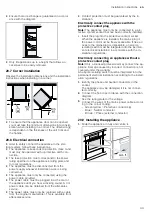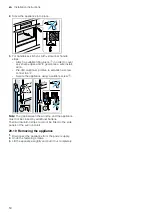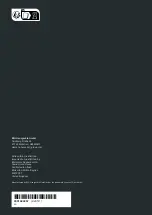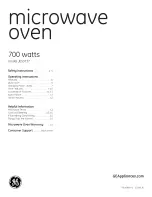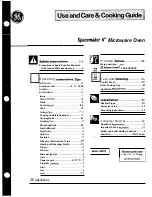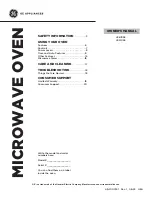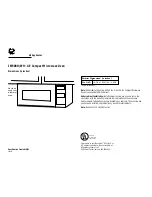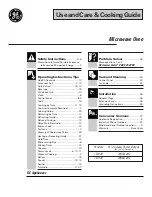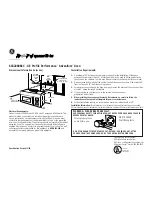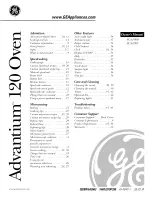
en
How it works
42
– Pieces of meat or fish that have been vacuum-
sealed together are not pressed directly against
one another.
4.
If the vacuum-sealing bag is not filled as it should
be, place the food into a new bag and vacuum-seal
it again.
Preparing food for sous-vide cooking
There are germs on the surface of virtually all food.
WARNING ‒ Risk of harm to health!
Sous-vide cooking is a method of cooking at low tem-
peratures and, if the instructions for use and hygiene
instructions are not adhered to, it may result adverse
health effects.
▶
Only use high-quality, perfectly fresh food.
▶
Wash and disinfect your hands.
▶
Use disposable gloves, cooking tongs or grill tongs.
▶
Take extra care when preparing critical food, such
as poultry, eggs and fish.
▶
Always thoroughly rinse and peel fruit and veget-
ables.
▶
Always keep work surfaces and chopping boards
clean.
▶
Use different chopping boards for different types of
food.
▶
Only interrupt the cold chain briefly to prepare the
food.
▶
Store vacuum-sealed food in the refrigerator before
you starting the cooking process.
▶
Once the food is cooked, consume it immediately.
Do not store it after cooking – not even in the refri-
gerator. It is not suitable for reheating.
▶
To kill the germs, dip the vacuum-sealing bag con-
taining the uncooked food into boiling water for no
more than 3 seconds.
a
This minimises the germs on your ingredients and
maximises hygiene, so your food is now ready for
sous-vide cooking.
Cooking food sous-vide
Requirements
¡
¡
1.
Place the food onto the wire rack.
To ensure that the heat is distributed evenly around
the food, do not place the vacuum-sealed food
items on top of one another or close together on the
wire rack.
2.
To catch any drops of condensate, slide the univer-
sal pan in at level 1.
3.
ATTENTION!
Risk of damage to kitchen units
▶
Do not fill the water tank a second time for the
sous-vide cooking.
Use the recommended settings when configuring
the appliance settings.
The recommended settings are based on how long
one tankful of water lasts. As a general rule, de-
pending on the set temperature, the following max-
imum cooking times apply when the water tank is
completely full:
Temperature in °C
Max. cooking time in
minutes
50
270
60
210
70
150
80
120
90
90
4.
WARNING ‒ Risk of scalding!
Hot water collects on the vacuum-sealing bag dur-
ing cooking.
▶
Use an oven cloth to carefully lift the vacuum-
sealing bag so that the hot water runs off into the
universal pan or the cooking container.
▶
Use the oven cloth to carefully remove the va-
cuum-sealing bag.
Once the food is cooked, allow the cooking com-
partment to cool and then use a sponge to wipe
away the water.
5.
Dry the outside of the vacuum-sealing bag and
place it in a clean container.
6.
Use scissors to open the vacuum-sealing bag. Place
all of the food and liquid into the container.
You can use the stock or marinade to make a
sauce.
7.
Prepare the food for serving.
Food
Cooking tips
Meat
¡
Dab the meat with a tea towel be-
fore placing it into hot oil, in order
to avoid fat spitting out of the pan.
¡
Sear the meat at a very high tem-
perature for a few seconds on
each side. This gives the meat a
nice crust and the flavours you
would expect from frying, without
overcooking it.
Содержание CS856GN.7
Страница 51: ......

